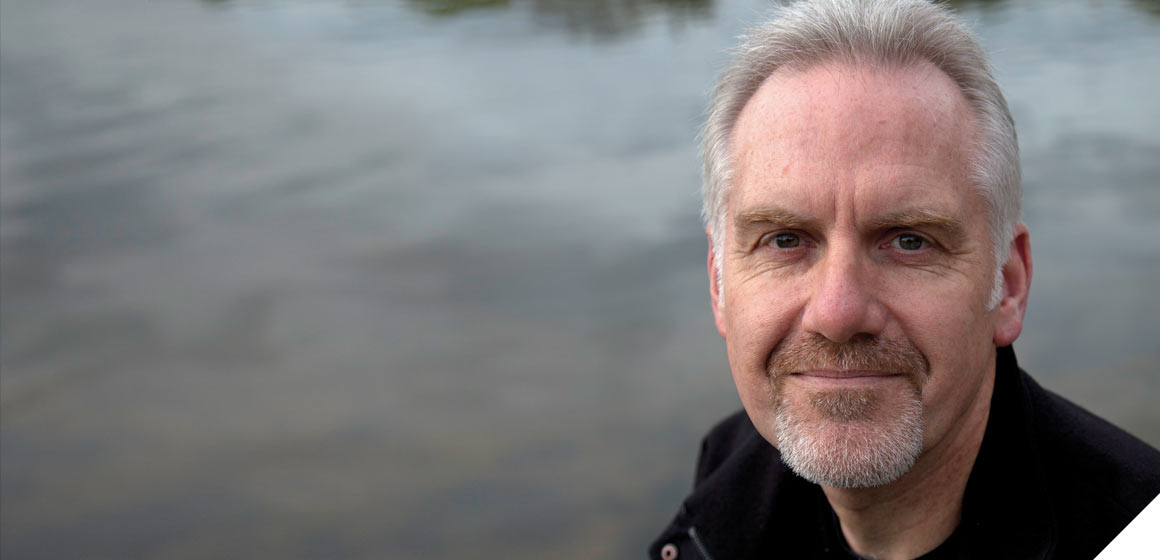 Monday 3 February 2014 2:18pm
Monday 3 February 2014 2:18pm
By its nature, microbiology is the study of very, very small things. But that doesn't stop microbiologist and infectious diseases expert Professor David Murdoch from thinking –and working –on a big scale.
Professor David Murdoch leads the laboratory component for the largest-ever study into childhood pneumonia, funded by the Bill and Melinda Gates Foundation. He is a council member of the Himalayan Trust, established by Sir Edmund Hillary with the aim of helping the peoples of the Nepal Himalaya realise their educational, health, economic and cultural aspirations.
He is also passionate about working towards the eradication of a deadly, but often overlooked, type of pneumonia –Legionnaires'disease.
"If I ever have the opportunity in my career to help eradicate a disease it would likely be Legionnaires'disease. It's one of the most common causes of pneumonia for much of the year in New Zealand and it has a far greater impact on community health and hospitals than people realise."
"The impact of our work is likely to be far-reaching."
Murdoch has just published research showing the potentially fatal disease is four times more prevalent in Canterbury than previously thought. He believes the results will apply to other centres and has sought funding to do New Zealand-wide research.
Special tests are required to diagnose Legionnaires'disease because it looks the same as other forms of pneumonia on an X-ray and has similar symptoms. Murdoch says it is often difficult for doctors to know whether to test a patient for this disease, however, it is important to know, as specific antibiotics are required to treat it that differ from the standard treatment for pneumonia.
Murdoch worked on the project with colleagues from Canterbury Health Laboratories. Both parties suspected Legionnaires'disease was markedly under-diagnosed and, in 2010, introduced a systematic testing strategy whereby all samples from Canterbury patients with pneumonia were tested by a special Legionnaires'test called PCR, whether requested by doctors or not. This approach was supported by clinicians.
"It's a very simple approach, but we don't think anyone else has done this globally.
"We have more than quadrupled the detection of Legionnaires'disease with this new strategy and highlighted a big spring/summer peak in activity that is more predictable every year in Christchurch than influenza. This peak is associated with gardening activities."
The results of this study were published in the journal Clinical Infectious Diseases.
Murdoch is now studying Cantabrians who test positive for Legionnaires' disease in greater depth to try to understand what specific gardening activities or other activities are implicated. Legionnaires'disease in children is also being investigated, research which has not been previously undertaken successfully because of the difficulties in obtaining the required sputum samples.
Another focus for Murdoch is the One Health Aotearoa project, a strategic collaboration with Massey University's Veterinary School, drawing in other research institutions across the country.
He explains that many emerging health issues are linked to increasing contact between humans and animals, intensification and integration of food production, and the expansion of international travel. The One Health paradigm recognises that human health and animal welfare and the environment cannot be viewed in isolation. This is particularly relevant in the area of infectious diseases.
"There are a lot of diseases from animals that humans can get such as leptospirosis –which is transmitted to humans when water contaminated by animal urine comes in contact with unhealed breaks in the skin, the eyes or mucous membranes –or campylobacter infection. In New Zealand we are very reliant on primary production so the concept is very important."
Murdoch says this exciting collaboration between researchers across the full spectrum of human and animal health is almost unique globally. "The impact of our work is likely to be far-reaching."
Funding
- Bill and Melinda Gates Foundation
- Canterbury District Health Board
- University of Otago